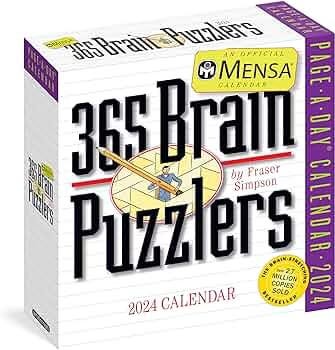ChatGPT-4's performance on Mensa puzzles raises questions about its true intelligence.
While the popular AI model excels in specific tasks, it showed concerning overconfidence in bluffing answers.
Recently, I explored the performance of GPT-4, a cutting-edge AI language model, in solving verbal and linguistic puzzles. 🧩
In my experiment, I assessed GPT-4's ability to tackle a month of word puzzles from a Mensa calendar. The results were intriguing! While GPT-4 showed promise by correctly solving the first puzzle, it struggled with subsequent challenges. 😮
One concerning aspect was its tendency to present inaccurate information confidently instead of admitting uncertainty. It seemed to bluff through incorrect answers and lacked flexibility in problem-solving. This raises concerns about the reliability and accuracy of AI-generated responses.
When faced with complex crosswords and grid-based puzzles, GPT-4 also failed to grasp the nuances of problem-solving. For example, it was confounded by the different types of linguistic and spatial reasoning involved (i.e. joining up the words).
Moreover, its mistakes were far from ordinary human errors, and it constructed elaborate but inaccurate explanations that were presented as if they were believable accurate. The overconfidence is concerning, prioritizing prolificacy over proficiency.
While AI shows promise, this real-world experiment highlights the limitations of current AI models, and their lack of adaptability and trial-and-error problem-solving skills that characterize human intelligence.
For the full methodology and results, you can read my detailed article on Medium: 👇
Can ChatGPT Solve Mensa Puzzles?





